Bangkok, Doha – Countdown on for this year’s UN climate talks
What are these gannets doing on the ice blog? Well, it seems they migrated to Germany because of climate change. Read below to understand the connection. (No wisdom without pain…)
Did you know there has just been another round of UN climate talks in Bangkok? I don’t blame you if you didn’t. It’s hard to keep track of the “talks between the talks…” It’s also hard to keep up interest and optimism and not give way to resignation, given the disastrous melting of the Arctic ice and all the other clearly visible impacts of climate change.
![]() read more
read more
Greenpeace protest against drilling as Arctic ice reaches record low
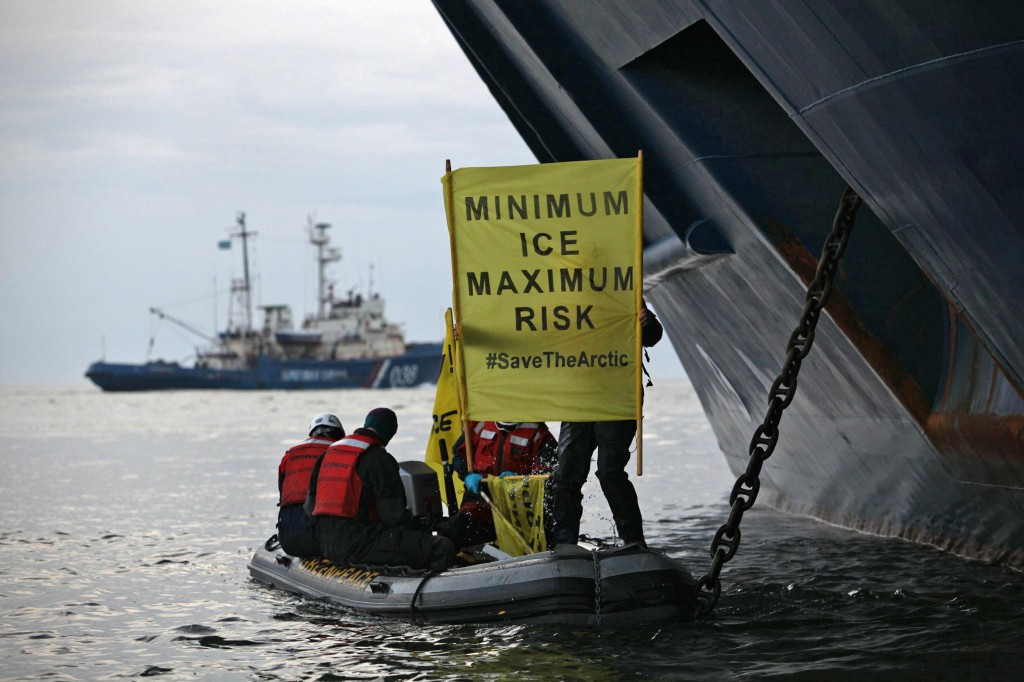
A team of Greenpeace activists attach themselves to the anchor chain of the Anna Akhmatova, a Gazprom passenger vessel. The team is preventing the ship from lifting anchor and sailing to the Prirazlomnaya oil platform to complete the work that will allow them to begin drilling in this fragile region. Photo by Denis Sinyakov / Greenpeace
Well, it has finally happened as feared. The National Snow and Ice Data Center at the University of Colorado has confirmed the summer sea ice in the Arctic has melted even further than in the record year 2007 – and it’s not at its annual summer minimum yet. It’s likely to melt more in the next three weeks. Must be a very frustrating feeling for the Greenpeace activists who have been hovering around the Russian Arctic drilling platform Prirazlomnaya, belonging to Gazprom, for the last five days.
![]() read more
read more
Scotland’s waves surge ahead with climate-friendly energy
The waters between the north of Scotland and the Orkney islands have just been declared a Marine Energy Park. What does that mean? Well, I’m just back from a visit to the mainland coast in the Caithness region, Orkney and Edinburgh, headquarters of the Scottish government and the leading marine energy companies, where I was able to see for myself. The steady waves and strong currents of these waters make it an ideal location for devices to turn the power of the sea into electricity. I can quite understand why the Scottish and the UK governments want to heighten the international reputation of the region as a potential provider of clean, climate-friendly energy and speed up the development. Orkney is home to EMEC, the world-leading European marine Energy Centre, where developers from all over the world are testing a wide range of wave and tidal energy devices. The centre even has a grid connection, so that energy produced in the water can be fed in.
I will be writing more about this on DW’s Environment site in the weeks to come. I’ll also be reporting for our radio programe Living Planet. I certainly got the feeling that some of the marine energy devices are ready to move on from the test stage to commercial application and viability in the next couple of years.
Energy from waves or tides has the potential to generate 27GW of power in the UK alone by 2050, equivalent to the power generated from eight coal fired power stations, according to the UK government. Minister of State for Energy and Climate Change Greg Barker says the industry could sustain thousands of jobs in a sector worth a possible £15bn to the economy by 2050.
The Scottish Energy, Enterprise and Tourism Minister Fergus Ewing was equally upbeat when I interviewed him last week. More from the Minister and those directly involved in marine energy in the not-too-distant future. Meanwhile, well done Scotland for pushing ahead with renewable energy and “surfing the waves” towards the ambitious – but not unrealistic- target of 100% renewable electricity by 2020.
Warm ocean currents are melting Antarctic ice
 Recent ice loss from Antarctica was mainly caused by warm ocean currents, according to a team of scientists led by British Antarctic Survey. In an article for the journal NATURE this week, they explain how they used new techniques to differentiate for the first time between the two known causes of melting ice shelves – warm ocean currents attacking from below and warm air melting from above. One worrying thing is that this means “we can lose an awful lot of ice to the sea without ever having summers warm enough to make the snow on top of the glaciers melt – the oceans can do all the work from below” says Dr. Hamish Pritchard from BAS, lead author of the report.
Recent ice loss from Antarctica was mainly caused by warm ocean currents, according to a team of scientists led by British Antarctic Survey. In an article for the journal NATURE this week, they explain how they used new techniques to differentiate for the first time between the two known causes of melting ice shelves – warm ocean currents attacking from below and warm air melting from above. One worrying thing is that this means “we can lose an awful lot of ice to the sea without ever having summers warm enough to make the snow on top of the glaciers melt – the oceans can do all the work from below” says Dr. Hamish Pritchard from BAS, lead author of the report.
The warm water melting the ice sheets is causing inland glaciers to speed up and discharge masses of ice into the sea. The reason the water is warming, is probably because of changes in wind patterns, caused in turn by changes in climate. This would mean “Antarctica’s glaciers are responding rapidly to a changing climate” says Pritchard.
Most of the ice shelves being melted by warm ocean currents are in West Antarctica. On the eastern Antarctic Peninsula the shelf thinning found by the study can be explained by warmer summer winds directly melting the snow on the ice shelves.
The results will help improve projections of future sea-level rise.
More here on the website of the British Antarctic Survey
Titanic, Icebergs and a Warming Arctic
There’s a lot of media hype surrounding the 100th anniversary of the loss of the Titanic on April 15th 2012. It started so early, I was beginning to get tired of it – until I came across an article in the Vancouver Sun focussing on the fact that icebergs are still a danger in our high-tech age and that danger could increase rather than decrease as you might think at first, as the Arctic ice melts.
![]() read more
read more



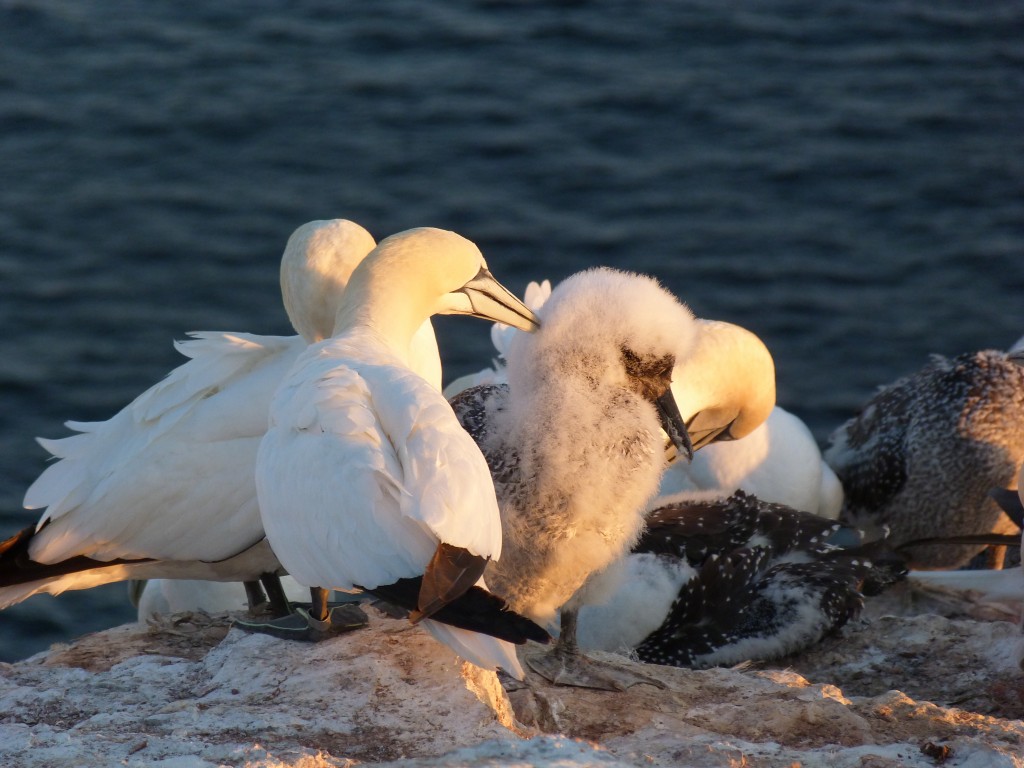

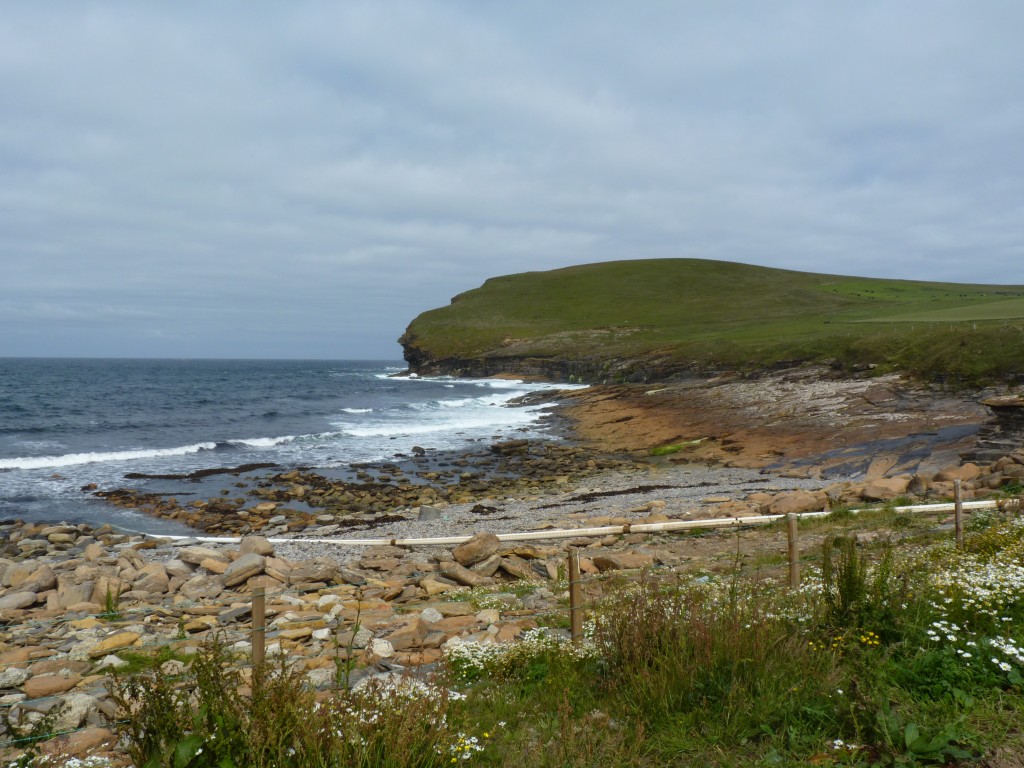
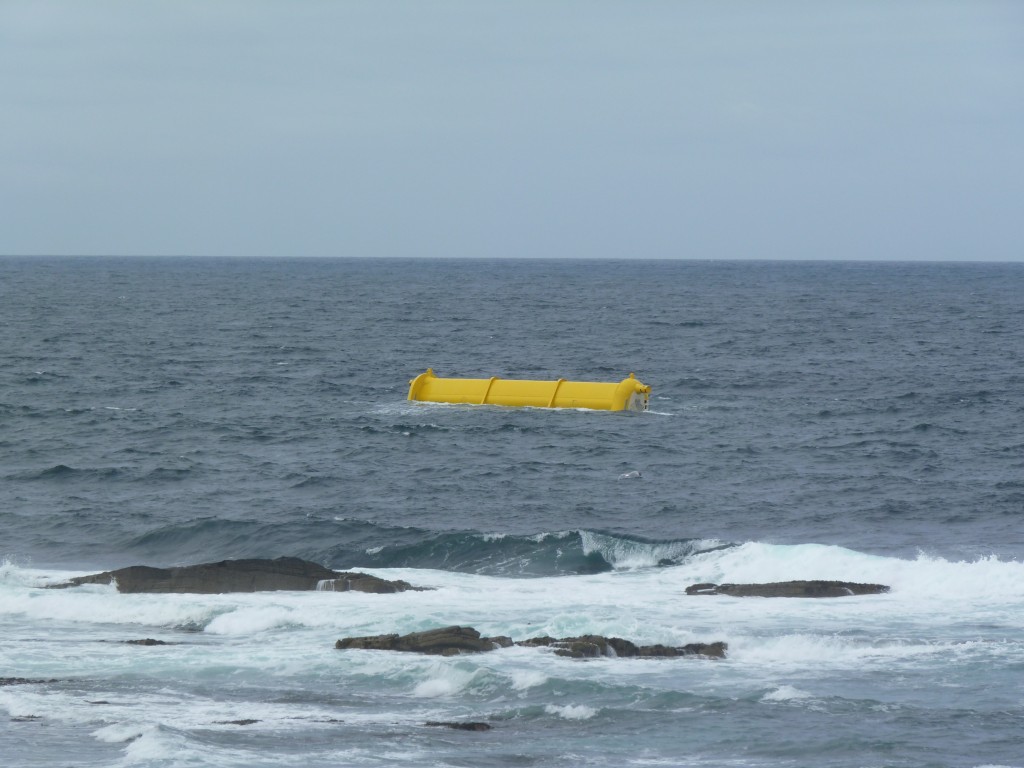
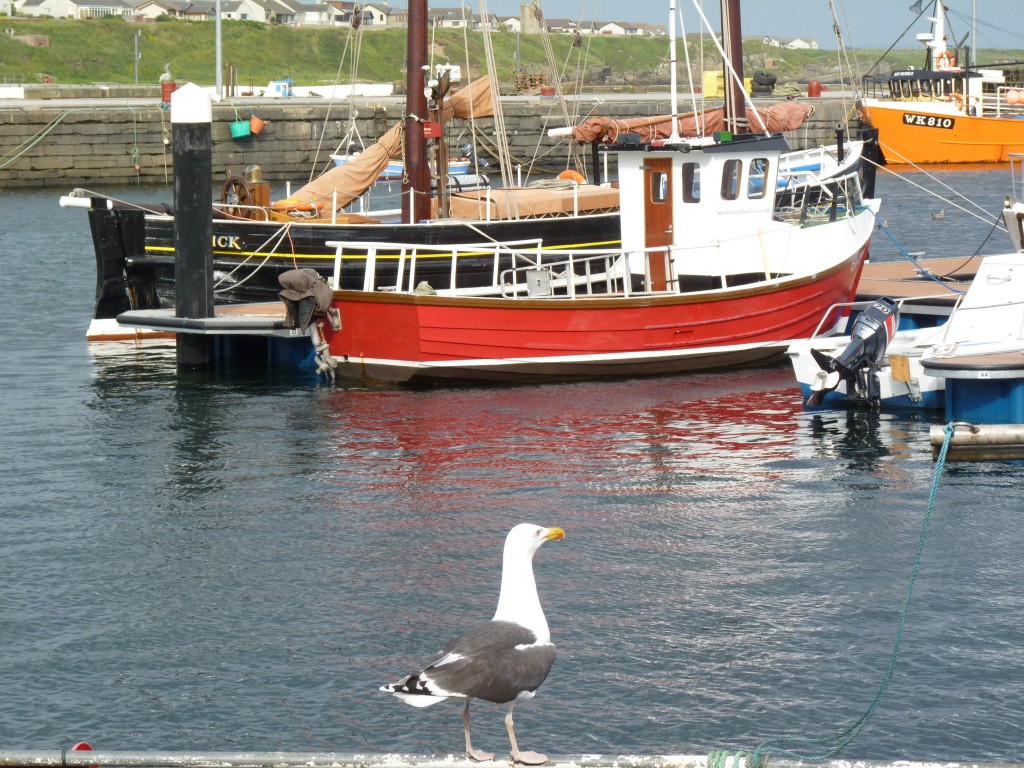
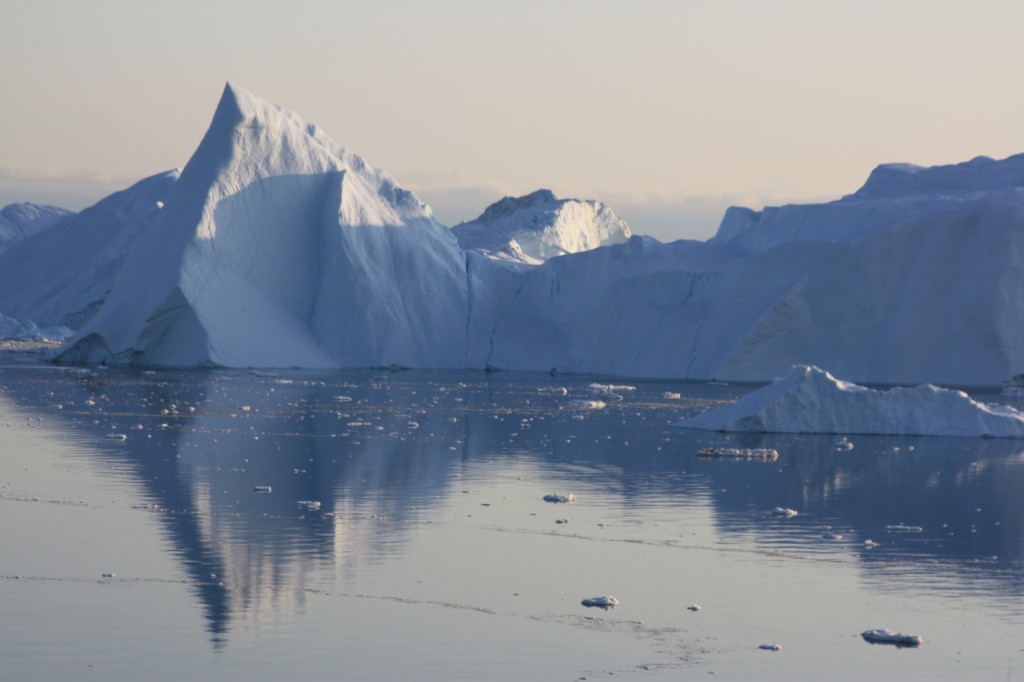
















Feedback